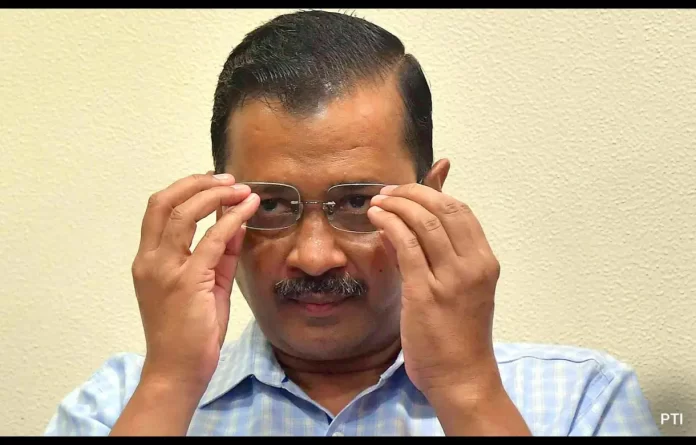The Supreme Court on Friday granted bail to Delhi Chief Minister Arvind Kejriwal in connection with the Delhi Excise Policy scam case.
The Bench of Justice Surya Kant and Justice Ujjal Bhuyan delivered its judgment on two petitions filed by Kejriwal challenging his arrest and seeking bail in the case registered by the Central Bureau of Investigation (CBI) under the Prevention of Corruption (PC) Act.
The Apex Court allowed the bail petition of Kejriwal on the grounds that the charge sheet has been filed in the case and that the trial was unlikely to be completed in near future.
The same conditions imposed by the coordinate bench while granting interim bail in the ED case will apply here too. It means Kejriwal would not be able to visit the office of the Chief Minister and the Delhi Secretariat.
The Bench had earlier heard the matter and reserved its verdict on September 5.
The two judges passed separate but concurrent judgments on the matter.
Terming the arrest of Kejriwal as legal, which did not suffer from any procedural irregularity, Justice Kant held that there was no merit in the contention that CBI failed to comply with the mandate of Section 41 of the Code of Criminal Procedure while arresting him.
Justice Bhuyan differed in his opinion regarding the need and necessity to arrest Kejriwal. He held that the arrest by CBI was only to frustrate the bail granted to Kejriwal in the money laundering case.
CBI did not arrest Kejriwal for 22 months and only swung into action after the trial court granted him regular bail in the case registered by the Enforcement of Directorate (ED).
Such action raised serious questions over the arrest itself, said Justice Bhuyan, adding that he failed to understand the great urgency on the part of CBI to arrest the appellant when he was on the cusp of release in the ED case.
Justice Bhuyan further said that when Kejriwal was granted bail in the money laundering case despite the stringent conditions under the Prevention of Money Laundering Act (PMLA), his further detention in the predicate offence (CBI case under the PC Act) became untenable. It was a travesty of justice to keep the appellant in custody on these grounds, especially as he has been granted bail in a more stringent PMLA case, he added.
Justice Bhuyan further expressed reservations about the bail condition that Kejriwal should not visit the CM’s office or the Secretariat.
However, he chose not to pass any direction in that regard having regard to judicial discipline and reverence for a direction passed by a coordinate bench.
Justice Bhuyan also reminded the CBI of its duty to ensure that its investigations were fair. Being a premier investigating agency, it was in the public interest that CBI was also seen as above. Efforts must be made to remove the perception that the investigation was not carried out fairly. Perceptions mattered in a democracy, he observed.
One of the present petitions filed by Kejriwal challenged the Delhi High Court order of August 5, which rejected his plea against the CBI arrest. The single-judge Bench had, however, granted liberty to Kejriwal to approach the trial court for bail.
The national convenor of the Aam Admi Party (AAP) had filed another special leave petition challenging the High Court’s refusal to consider his bail plea.
Kejriwal was formally arrested by CBI on June 26, 2024, while he was in the ED custody in the Delhi liquor policy case.
On July 12, the Supreme Court granted Kejriwal interim bail in the money laundering case, while referring his petition challenging ED arrest to a larger bench. However, he continued to remain in custody due to his arrest by CBI.


